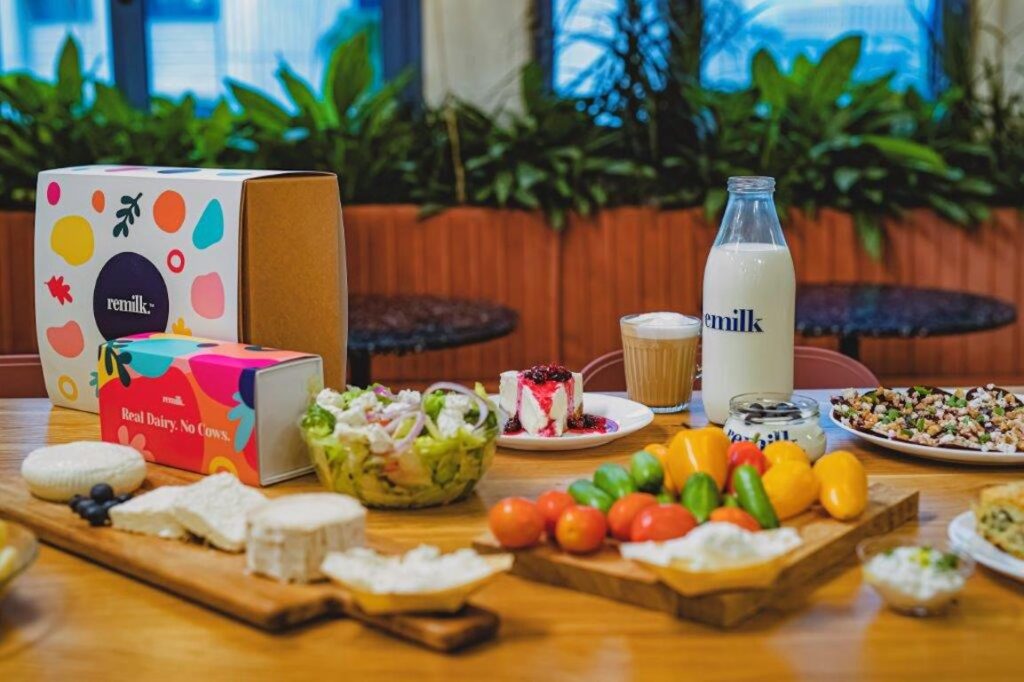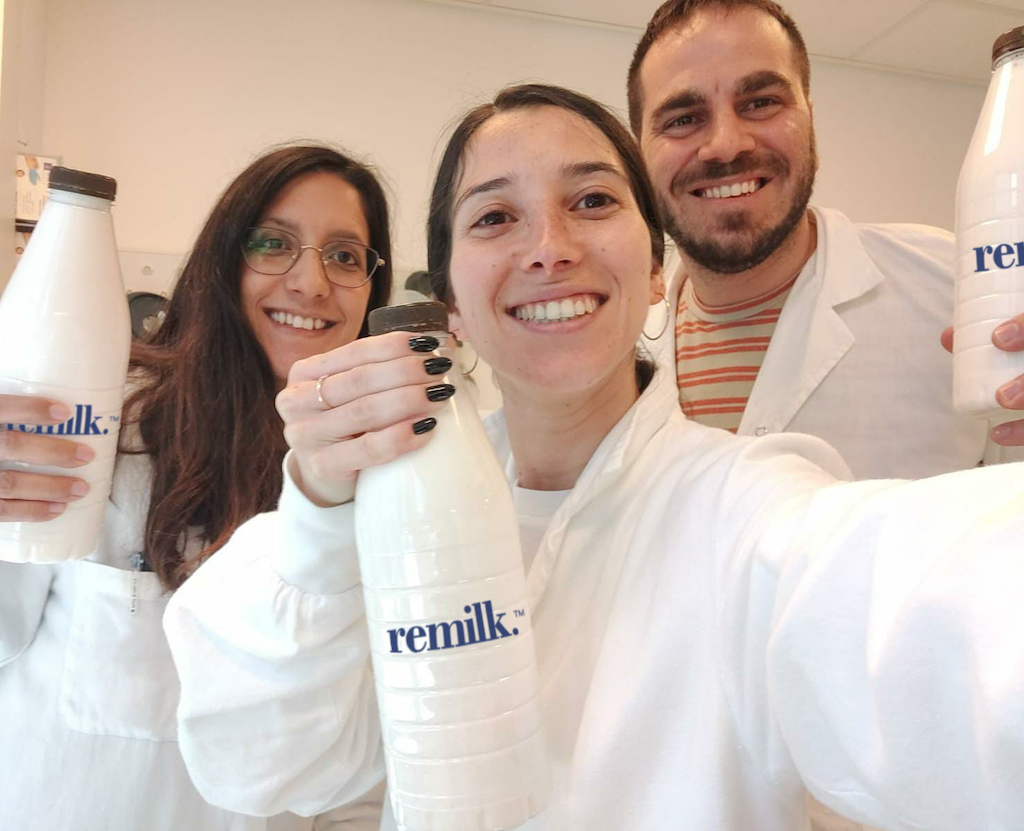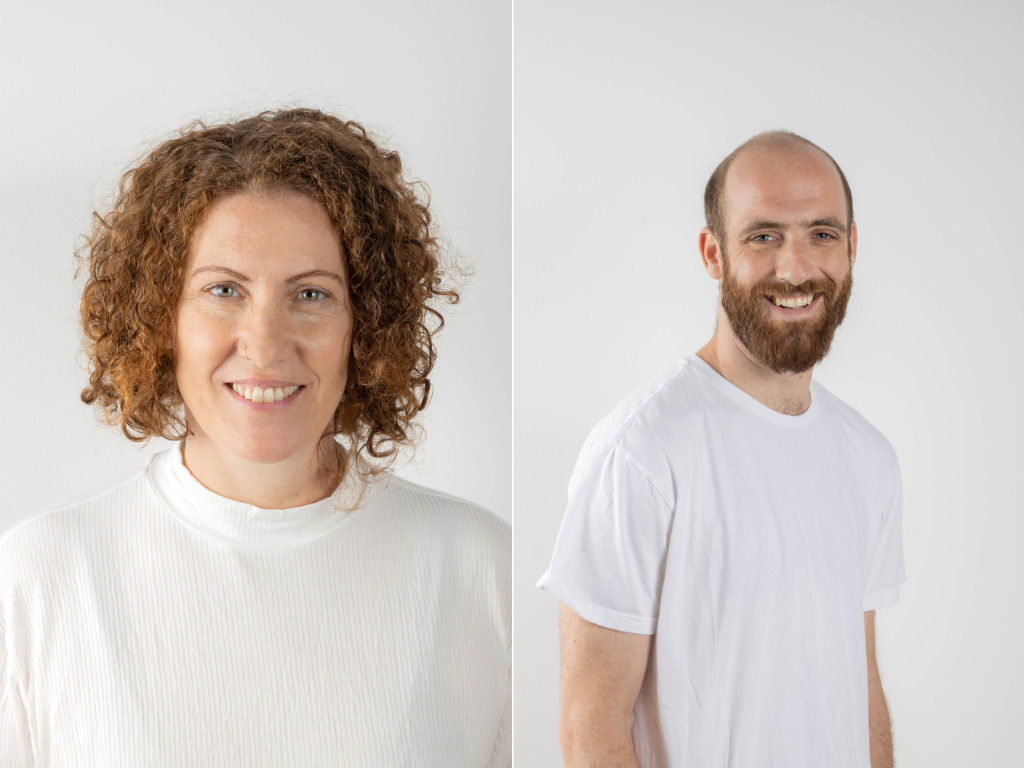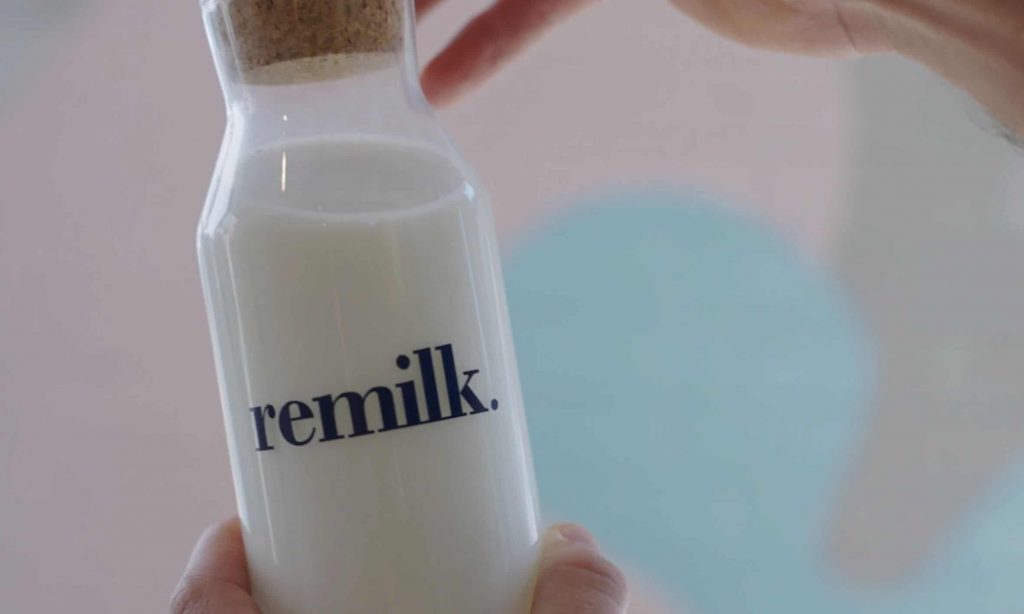
On a sunny afternoon in Hong Kong in early March, I jump on a call with Remilk’s Head of Communications Shlomit DeLouya Solomon to talk all things alternative dairy. The Israeli B2B precision fermentation protein provider, which was founded in Tel Aviv by Aviv Wolff and Ori Cohavi in 2019, is one of the most well-funded alternative protein companies in the world and is considered by industry insiders to be a leading player in the space. It works with large multinational food companies, providing them with dairy proteins made via precision fermentation. Earlier this year, the company bagged a partnership with General Mills. Remillk has appeared in a fair few industry headlines of late, between announcements of abandoning production plants and discontinued product partnerships.
We tackle the production plant news first. The company recently announced it was pausing plans to develop its own facility in Denmark due to an opportunity to repurpose a large-scale facility in Western Europe on a co-manufacturing basis. Shlomit says the decision was very much a business one. “Once it was identified, it was a no-brainer and it was obvious that we should pursue it. It was a huge opportunity to scale up, and much quicker than we thought we could have if we had to build our own facility.”
DeLouya adds that the company produces at several facilities around the world, though she declines to share exact locations, specifying only “several continents”.

Is the company raising currently, I enquire? Despite a cooling in global VC appetite towards food tech, DeLouya says the company is in a strong position financially. Remilk’s total funding to date adds up to approx $131 million (the company raised a $120 million Series B round in early 2022 at a reported $325 valuation). “Remilk is fortunate to operate in Israel”, where investments into alternative protein companies are strong and there is a lot of financial support for startups, both from grants and private investors. “We feel very grateful that we were able to complete these rounds, [it] puts us in a safe place and enables us to really concentrate on scale and growth.”
On the regulation front, DeLouya says the FDA letter was a big step for the company.
“We announced our Self-Affirmed GRAS status a while ago, and that already enabled us to begin sales, but the No Questions Letter is an additional vote of confidence from the FDA, and further acknowledgment of our protein’s safety.”
Delouya also told me that Remilk was prepared for a slower path toward regulatory approval in Europe: “We all know that the process is longer and we acknowledge that.”
21 April Update: Prime Minister Benjamin Netanyahu announced on Wednesday that an Israeli foodtech startup will be given permission to produce cow-free milk but did not specify the company; Tech12 named Remilk.
We also spoke about what it meant to be a B2B company disrupting a powerful and well-entrenched B2B industry like dairy. DeLouya said dairy companies have been some of Remilk’s biggest investors, customers, and most helpful supporters, noting that “everyone understands that’s where the world is going.”
When asked if they got involved with their customers on a marketing basis, DeLouya said
“almost all of them are very curious when it comes to marketing and messaging and are seeking our input into the language they use, we’re more than happy to share insights from the consumer-related research we conduct.”
A couple of weeks after speaking to Shlomit, I meet Jason Rosenberg, Remilk’s head of business development, in San Francisco at the Future Food Tech show, during which I get the chance to taste the company’s animal-free whey protein in two different formulations: plain cream cheese and strawberry yogurt. Both spoonfuls leave me wanting more. Both taste just like their animal dairy versions. Both would fool me if I were served them at a restaurant.
Not for the first time, I marvel at this incredible technology and why the public buy-in is so muted. Here we have a way to recreate dairy proteins using a technology we are familiar with (Remilk’s whey is made the same way we make insulin for Type 1 diabetics and vegetarian rennet for most commercial cheeses) and yet, almost no one has heard about it and the consumers that have are suspicious at best, and downright put off at worst.

According to Rosenberg, there’s a fear of technology and food, of ‘frankenfood’ as he terms it, that permeates the media. He is understanding- “we humans have a fear of the new,” but he believes this can be overcome. In his experience, anyone who spends a little time digging and understanding the technology comes around. “We see that they become comfortable with [precision fermentation] the more they learn about it.”
From where he is sitting, the industry in general, and Remilk in particular, needs exposure and the right ambassadors to “help us tell the story”. He adds that Remilk is humbled by the challenge and is clear that they need to deliver on the promises they are making. “We need to earn consumers’ trust and prove to them that we are offering indistinguishable alternatives to these foods. If we don’t deliver, we will lose trust and exacerbate the neophobia.”
Remilk’s products will not be available to end consumers. The company’s customers formulate their own end-products from soft cheeses to ice cream and milk while Remilk’s R&D team offers its formulation know-how and guidance as a service to them.
The two I tasted are examples the company uses to showcase its technology for its corporate partners. So how do they ensure that the final result is a quality product that meets an end consumer’s high expectations? Do they worry about sub-par products? Rosenberg is unconcerned. “No one is interested in putting out a crappy product,” he says. “We are establishing the right partnerships with the best partners and we support our partners on all aspects including formulation so it’s a win-win.”
And what of nomenclature, I wonder?
A couple of days after I speak to Shlomit, US-based competitor Perfect Day shared that based on 18 months of consumer research conducted by the company, animal-free dairy was no longer the company’s preferred term. CMO Allison Fowler told AFN: “We’re seeing that for some consumers, ‘animal-free’ can sometimes be conflated with plant-based.” This is potentially problematic given that Perfect Day is making real dairy proteins that come with a milk allergen warning, she noted. Fowler added: “We’re now recommending ‘whey protein from fermentation.”

When I ask DeLouya for her response to Perfect Day’s nomenclature change of heart, she sends me the following statement:
“The nomenclature around our emerging field is evolving, as precision fermentation-derived foods become an exciting reality. We’re always listening to consumers and learning from both our internal research as well as valuable input from our peers. We appreciate the conversation and will continue to actively engage with consumers, industry stakeholders and customers so that as the category grows, our language remains clear, accessible, and welcoming.”
For his part, Rosenberg says nomenclature is still “very much a work in progress”. His view is that the industry is right to be targeting open discussion and majority consensus, and he is appreciative of Perfect Day’s release of such research reports. “It’s not possible to have true consensus over complex topics like nomenclature without additional research and study. We all need to know more about this. Until we know more, it’s difficult to jump to a conclusion.”
Rosenberg says the industry is still developing clarity and has to be cautious about making undisputed statements. “We are operating in a space of oxymorons. We are making animal proteins without animals.” He adds that an industry trade organization like Precision Fermentation Alliance, which formed in February and which Remilk is a founding member of alongside Perfect Day is key because “we have to be communicating amongst ourselves as an industry.”
What keeps him up at night, I ask? Production capacity, he answers without hesitation. “Limited production capacity is the industry’s biggest challenge by far, he says, and a lot of the work for Remilk’s management team over the past 18 months has been about identifying the best co-manufacturing production facilities around the globe. No doubt the team is up to challenge.

























